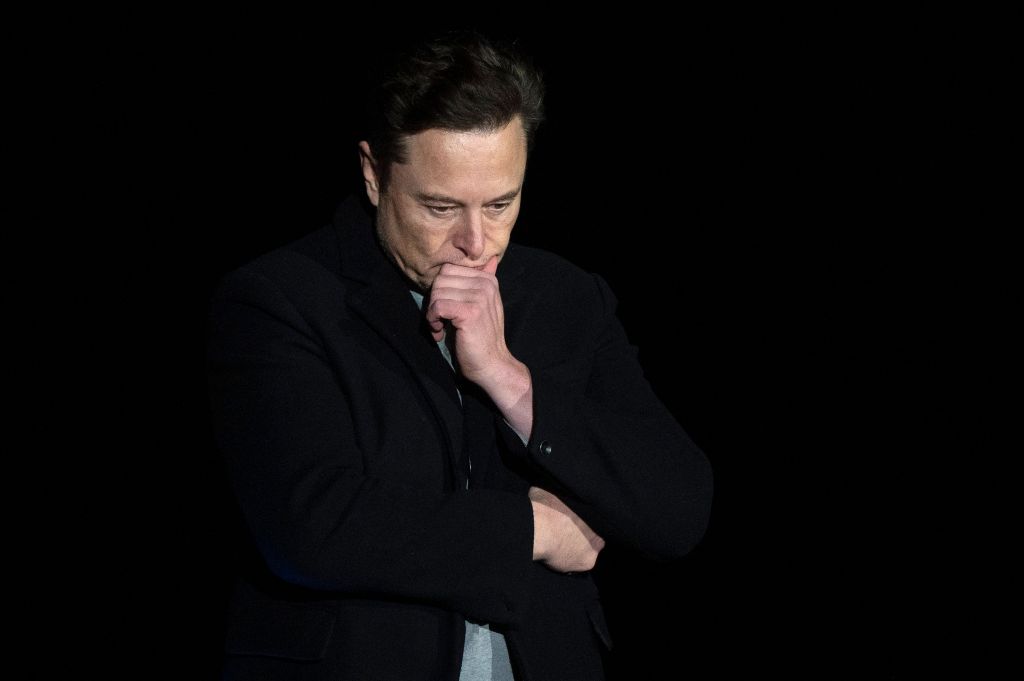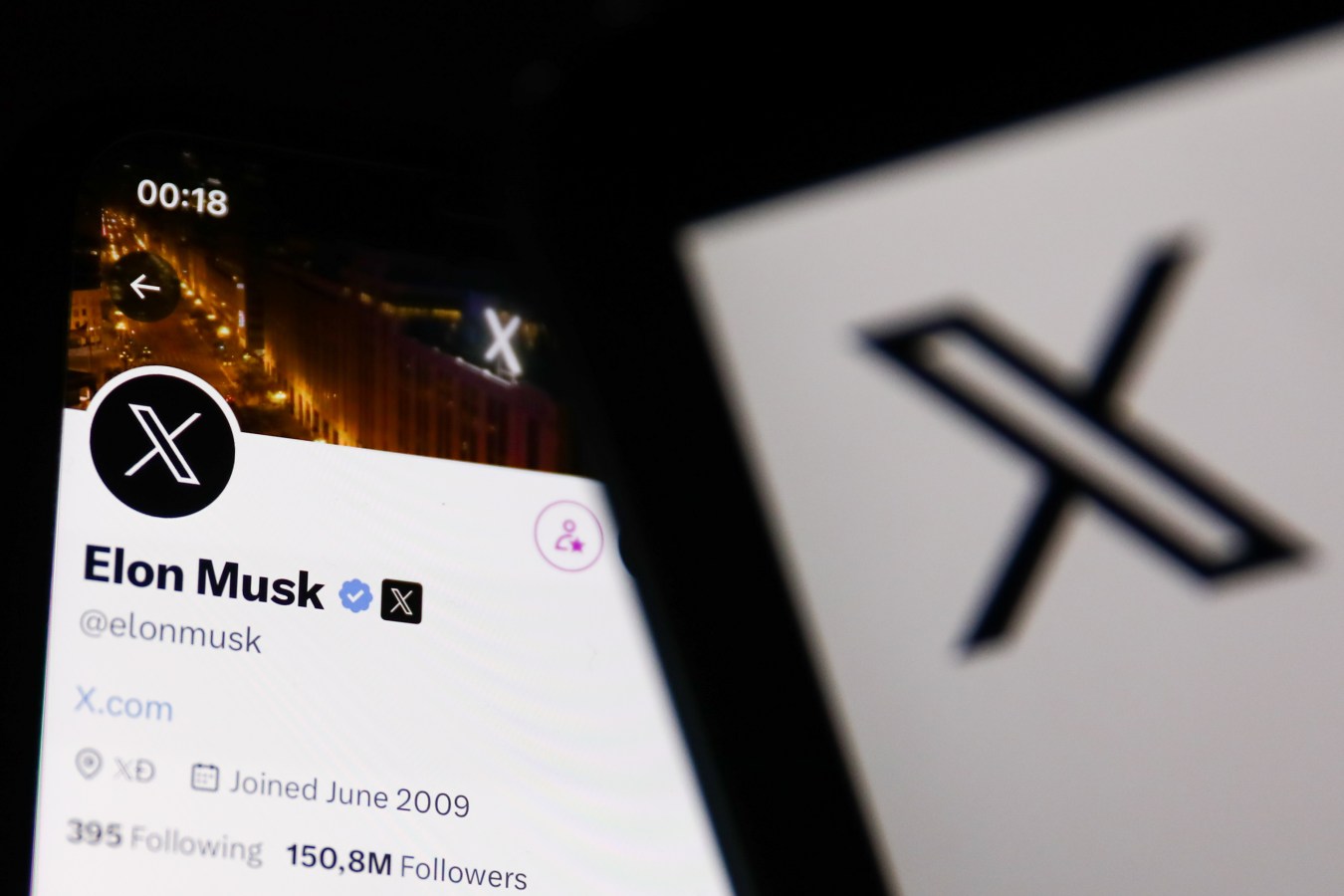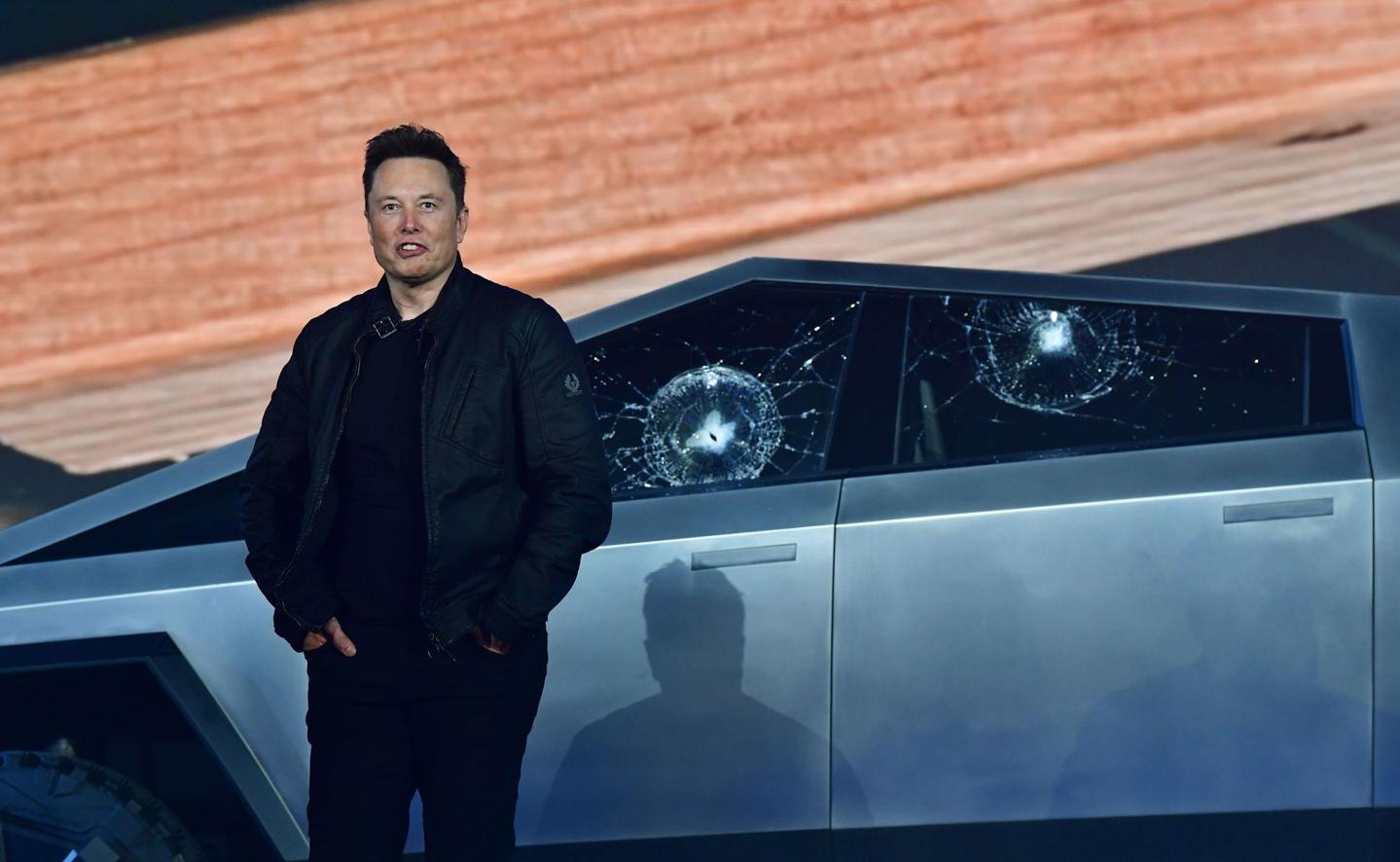A 22-year-old California man sued Elon Musk on Monday after the billionaire boosted posts baselessly suggesting he was a government agent posing as a neo-Nazi, as X—formerly known as Twitter—faces criticism for hateful and false posts, including some questionable claims shared by the site’s owner Musk.

Key Takeaways
- The lawsuit says online conspiracy theorists noticed a photo of the plaintiff—Ben Brody—bore a passing resemblance to a neo-Nazi from a far-right group called the Rose City Nationalists whose mask was pulled off during a videotaped Oregon brawl with another extremist group, the Proud Boys.
- They also discovered the Instagram page for a Jewish fraternity Brody was a part of that posted a blurb saying he wanted to work for the government, the suit said.
- Combined, these two facts led the conspiracy theorists to falsely believe Brody was the neo-Nazi in the video and that he was actually a federal agent planted by the government to make conservatives look bad.
- Musk, the owner of X, joined in the conversations, asking users in June 2023 who the man was in the video, and replying to an article that shared Brody’s name and photo: “Looks like one is a college student (who wants to join the government) and another is maybe an Antifa member, but nonetheless a probably false flag situation.”
- The lawsuit, which called Musk’s actions “astonishingly reckless conduct,” accused Musk of libel and is asking for over $1 million in damages and a jury trial.
- The lawsuit—filed in state court in Texas—also noted the incident caused Brody emotional distress, led to him and his family being doxxed and harrassed, tarnished his reputation, could hurt his future chance of getting a job and was a “terrifying” experience.
- Forbes has reached out to Musk for comment.
Tangent
Brody is being represented by Mark Bankston, the same attorney who represented the parents of children killed during the 2012 tragedy at Sandy Hook Elementary in their lawsuit against right-wing radio host and conspiracy theorist Alex Jones.
Jones had for years falsely accused the parents of being actors paid by the government in a scheme to generate support for gun control legislation. Jones was ordered to pay $49 million in that case, and a separate Connecticut suit led to nearly $1 billion in damages.
When asked for a comment regarding Monday’s lawsuit, Banskton directed Forbes to a statement on X where he wrote: “In 2018, I filed the first defamation lawsuits against Alex Jones, ultimately discrediting him in court. Today, I am proud to announce I have filed suit against yet another notorious disseminator of false information: The owner of this platform, Elon Musk.”
Big Number
More than 1.2 million. That’s how many times Musk’s post about Brody has been viewed by other logged-on users, according to public metrics on X.
Key Background
Since Musk acquired Twitter (which he subsequently renamed X) in October 2022, he has faced intense criticism over accusations that he has allowed misinformation and hate speech to proliferate on the platform. Many of these accusations stem from his decisions to bring back banned accounts and loosen the platform’s enforcement measures. He’s also caught flak for posts he personally wrote, including one tweet that shared false claims about an attack on Nancy Pelosi’s husband, and recent tweets questioning Covid-19 vaccine safety.
The Anti-Defamation League has released several reports outlining the rise of antisemistim on the platform. One such report released by the ADL in May after the group monitored 65 previously banned accounts that X had allowed to return found the accounts were not just still posting antisemitic content, but were actually having a compound effect by inspiring antisemitic content among their followers.
The organization reported over 5,000 examples of “virulent antisemitism” posted by 2,173 accounts following the reinstated accounts. Another ADL report published in March revealed that X wasn’t enforcing its own content moderation policies. It reported 72% of antisemitic tweets that ADL reported as a so-called trusted flagger weren’t removed or sanctioned in any way. Musk has denied any increase in hate speech, and sued one nonprofit research group that leveled concerns about hateful posts.
This article was first published on forbes.com and all figures are in USD.


